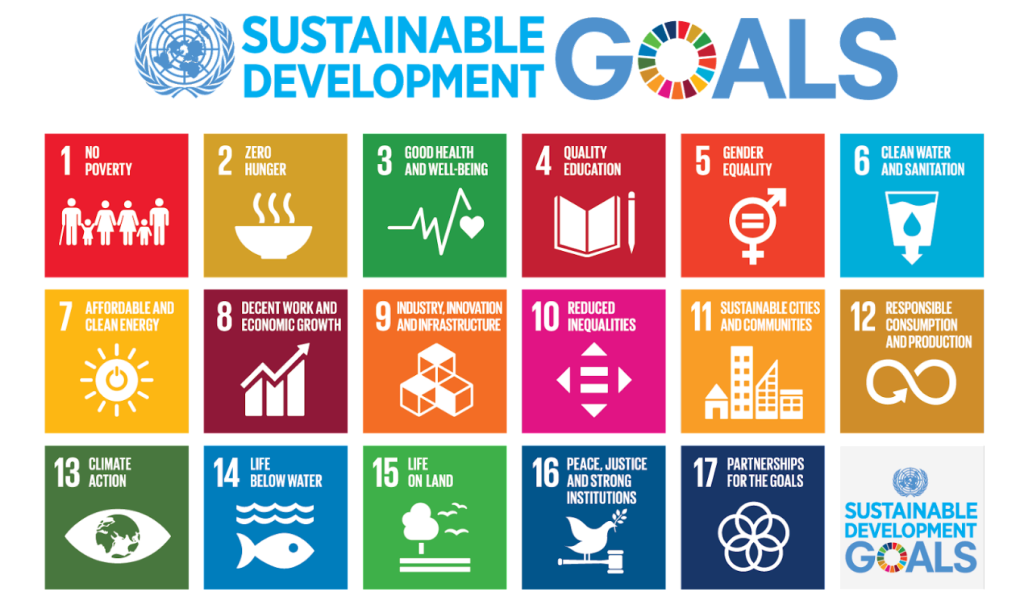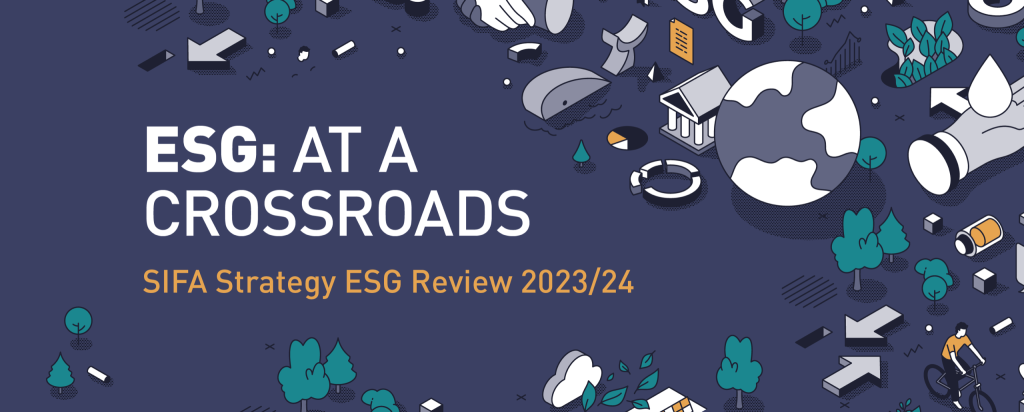
Alice Ngatia is a Senior Marketing Executive & Sustainability Specialist
- ESG Crossroads: Green Aspirations vs Financial Realities;
By: Alice Ngatia
For years now, the corporate world has seemingly been on a collective journey towards a greener, more equitable future. ESG initiatives such as reducing carbon footprints and championing diversity have become the hallmark of a “responsible” company.
But lately, there’s a sense of unease in the air. Are those ambitious environmental and social goals starting to clash with the cold, hard realities of the bottom line? Are the headlines touting bold sustainability pledges now being overshadowed by quieter whispers of recalibration and retreat?
 Recent actions by some major players suggest a possible turning point. Check out the article by ESG Dive on one of the companies that seems to have taken this bold decision.
Recent actions by some major players suggest a possible turning point. Check out the article by ESG Dive on one of the companies that seems to have taken this bold decision.
The question is, are such companies simply adjusting their sails to navigate choppy economic waters? Or perhaps this signals a more fundamental shift happening in how businesses prioritize purpose alongside profit? The answers could shape both the future of corporate sustainability and that of the planet and society we all share.
The Challenge of Reconciling Conflicting Priorities
Balancing the desire to “do good” with the necessity to turn a profit has never been easy. It’s like walking a tightrope, with the weight of investor expectations on one side and the urgency of environmental and social challenges on the other. And sometimes, those lofty ESG targets can seem at odds with the quarterly earnings reports that keep shareholders happy. Measuring the return on investment for initiatives like reducing emissions or improving diversity can be tricky, especially when the payoff might be years down the line.
So it’s hardly surprising that in times of economic turbulence, some companies might feel the pressure to trim the sails on their ESG ambitions. When the market dips, or inflation soars, or supply chains get snarled, those long-term environmental and social goals can start to look a little less pressing.

ESG can pose a challenge even in calmer waters.
How do you measure the impact of a diversity program or a carbon offset project? How do you compare the return on investment of a solar panel installation to, say, a new marketing campaign?
How does a company truly measure its impact on society or the planet? Can you put a number on fairness or quantify the worth of a thriving ecosystem?
Without clear metrics, even the best intentions can flounder, leaving behind little more than a vague sense of goodwill. And the ever-present skepticism of “greenwashing” further muddies the waters. It’s a harsh label, but the perception that some companies prioritize image over action can tarnish the entire field, making it harder for everyone to gain the trust they deserve.
The Future of ESG
The current soul-searching over ESG raises a pivotal question: is this a passing phase or a sign of deeper shifts? Will companies simply weather the storm and re-emerge with renewed commitment to sustainability, or are we witnessing the beginning of the end for ESG as we know it?
Like any evolving concept, perhaps ESG will adapt and transform. Broad and sweeping promises might get replaced by a sharper focus on tangible results and measurable impacts. Transparency and accountability could become the watchwords, as companies strive to prove they’re not just paying lip service to sustainability.
All this could mean that ESG isn’t destined for extinction, but rather for reinvention.

New ESG models need to recognize the delicate dance between financial success and social responsibility. Rigid, one-size-fits-all frameworks are abandoned for a more flexible approach where companies tailor their ESG strategies to their unique circumstances and stakeholders.
This period of reassessment could also foster a new era of cooperation. It’s high time for businesses to realize the value in joining forces with policymakers, investors and even activists. After all, no single entity can surmount the challenges of achieving sustainability alone.
If we can cut through the noise and prioritize actions over appearances, ESG might finally live up to its potential. It could reshape not only how individual businesses operate but entire industries, leaving a lasting impact on the world we all share.
Alice Ngatia is a Senior Marketing Executive & Sustainability Specialist with 18+ years of experience in helping brands WIN in the hearts & minds of customers.;









